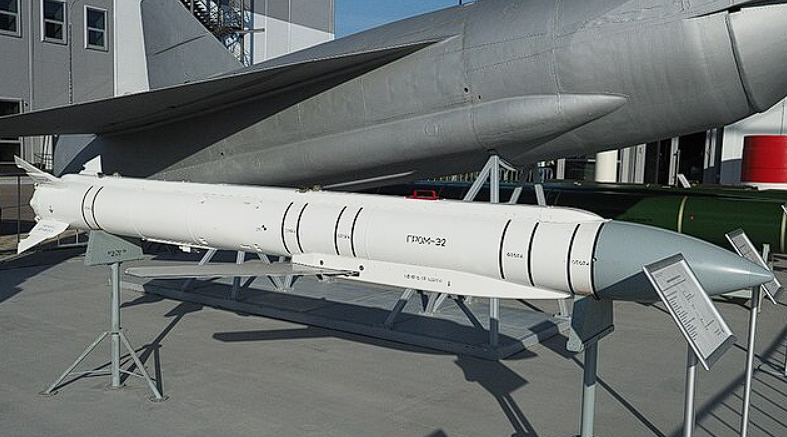Others are reading now
Russia is set to commence the production of a new aerial weapon, the Drel glide bomb, in 2024. This development comes after the weapon successfully passed all military tests, according to a report by Russian state news agency TASS, citing Rostec, a Russian state-owned defense conglomerate.
The Drel glide bomb, first announced in 2016, is designed with specific targets in mind. It is intended to destroy armored vehicles, ground-based radar stations, control points, power plants, and anti-aircraft missile systems.
Its creation marks a significant advancement in Russia’s military capabilities, potentially altering the dynamics of modern warfare.
Also read
One of the key features of the Drel glide bomb is its reported near-invisibility to radar detection. This aspect could provide a strategic advantage in combat situations, allowing for stealthier operations and potentially reducing the ability of adversaries to preemptively counteract.
The bomb is also designed with autonomous capabilities. It can independently navigate to a target, open above it at the right moment, and, crucially, self-destruct if the striking element does not work on the given target. This self-destruction feature is intended to minimize danger to the civilian population post-hostilities, addressing concerns about unexploded ordnance in conflict zones.
The announcement of the Drel glide bomb’s production signals Russia’s ongoing efforts to modernize and expand its military arsenal. The development of such advanced weaponry raises important questions about the future of global military balance and the nature of warfare.
As Russia enhances its military technology, it remains to be seen how this will impact international security dynamics, especially in regions where Russia has expressed strategic interests. The introduction of the Drel glide bomb into Russia’s military inventory will be closely watched by global defense analysts and governments alike.


